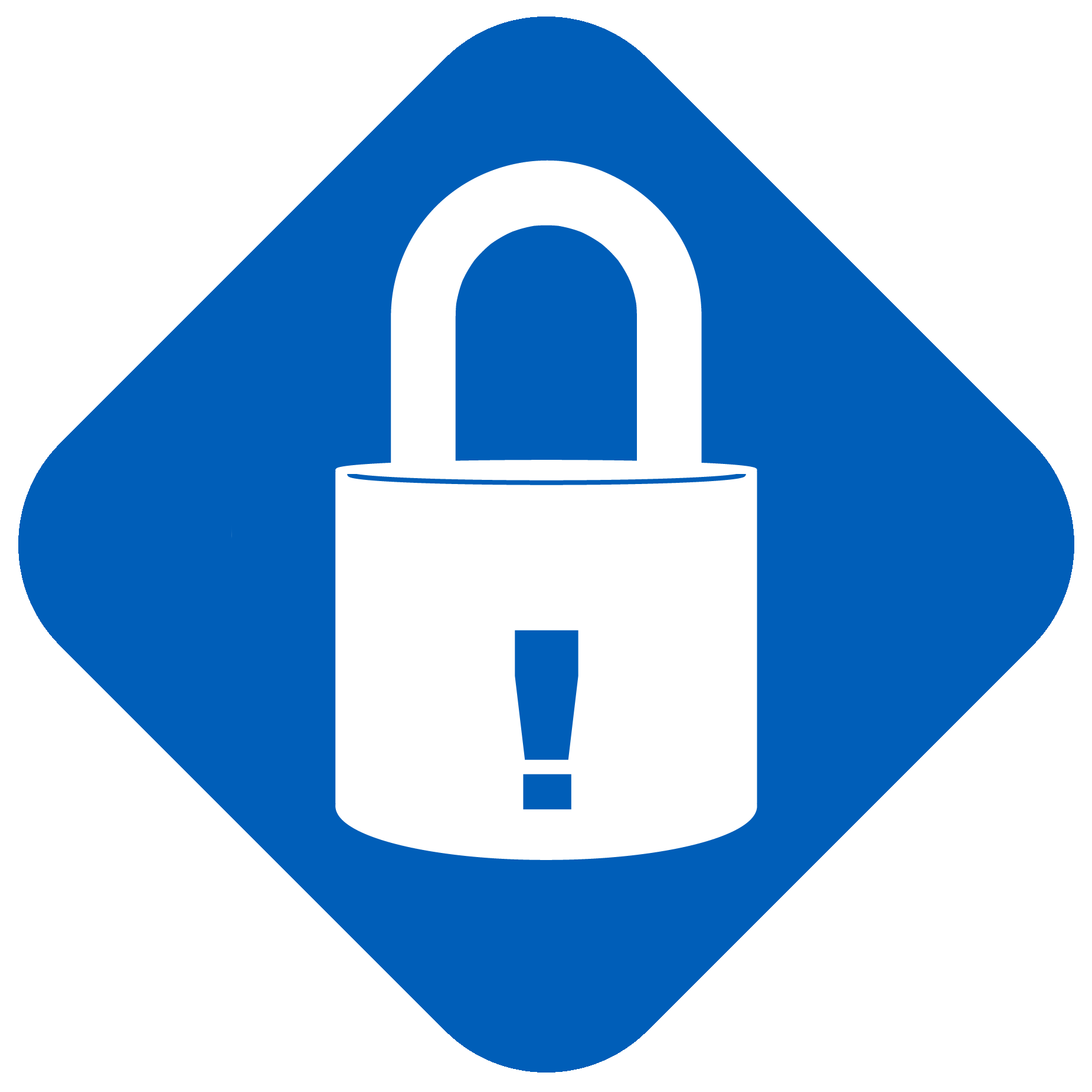As your child grows up and becomes more independent it is important to have steps in place to make sure they are safe.
A surprisingly high number of children’s accidents happen in the home and an accident can only take a matter of seconds, so be aware of potential hazards. Ensure that:
- Flat screen TVs are fixed securely to the wall
- Hair straighteners are unplugged
- Matches and lighters are out of reach or locked away
- Hot drinks are kept away from your children. A hot drink can still scald 20 minutes after it’s been made
A younger child may rarely be on their own outside of the home but as they grow more independent it is important to remember some rules about keeping safe.
- Make sure your child is aware of the dangers of roads and railways
- Ensure that they know how to cross the road safely
- If they are out on their bike make sure they know how to cycle correctly and safely, obeying the laws of the road.
- When cycling they should always wear a helmet
- Make sure you know where they are and who they are with at all times. Make sure you have a contact number.
- Teach your child about stranger danger. Teach them to run, yell and tell if they are approached by a stranger.
Useful links:
Child Accident Prevention Trust - CAPT
Staying safe online
The internet has changed all of our lives and opened up a whole new world not only to us but to our children too. Understanding how to use the internet safely and responsibly is key to your child being able to enjoy and benefit from it.
There is some great advice on the websites below which provide support for parents and carers of both primary and secondary aged children. They explore the different ways that your child may use the internet, pitfalls to watch out for, how to stay secure and much more.
Are you worried about online sexual abuse or the way someone has been communicating with you online?
Child Explotation and Online Protection - National Crime Agency
Useful resources:
Parents’ Digital Safety and Wellbeing Kit - Children's Commissioner (pdf)
Children's Guide to Staying Safe Online - Children's Commissioner (pdf)
Useful links:
Staying Safe Online - BBC Children in Need
Discouraging Unsafe Habits
Although most of us have a pretty good understanding of the damage that smoking can do to us, it’s important to have a really good grasp of all the facts to enable an open and honest discussion with your child. Being informed and open may help to prevent your child from taking up the habit.
There are plenty of reasons not to smoke such as:
- The impact on your health, both short term and long term
- The impact on your appearance
- The cost of a smoking habit
- The risk to others from secondhand smoke
For the facts about smoking go to www.
If you are concerned that your child is already smoking there are lots of places that you can go for help and support, including your local stop smoking service which you can find by accessing the Smokefree website, www.
If you are over 16 and live in Cheshire West and Chester, you may be eligible for free support. Find out more at the Cheshire Change Hub.
It’s important to talk to your child openly about alcohol and being armed with the facts about alcohol and underage drinking will really help to open up the discussion.
The DrinkAware website has a great section all about underage drinking including the associated risks, advice, and the law around drinking and under 18s.
It also helps to understand the most common reasons why children turn to alcohol, such as:
- Peer Pressure – many teenagers drink alcohol to be like their friends
- They copy what you do
- Risky behaviour is higher when they’re going through puberty
- They’re copying an older sibling
- Drinking alcohol is something they see all around them
- They’re struggling with problems, maybe with school, friends or family
- They’re testing the boundaries
- They’ve heard about the pleasurable side of alcohol
It can be difficult to raise the subject and talk to your child about drugs so doing your homework first and having a better understanding is really important. Websites such as FRANK provide a comprehensive A to Z list of drugs, their slang/alternative names, what they look like, effects and risks as well as the class of drugs and whether they are legal or illegal. Visit Talk to Frank to find out more.
You can read top tips on talking to you child about drugs on the NHS website
If you’re worried that your child may be taking drugs seek out local support from your School Nursing service or GP. Or visit the FRANK website to search for local support service.
Useful links:
How to talk to your child about drugs - NHS




